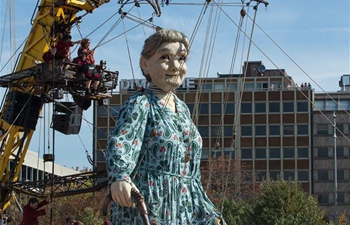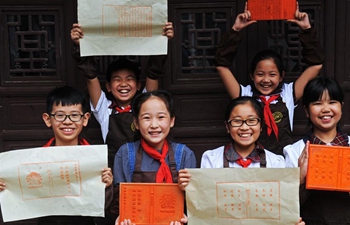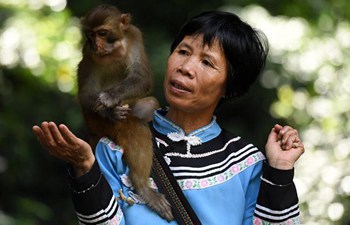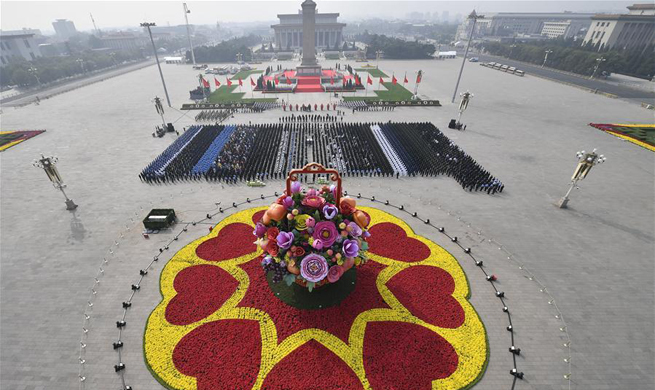by Raimundo Urrechaga
HAVANA, Sept. 29 (Xinhua) -- The U.S. decision to withdraw up to 60 percent of its diplomatic personnel in Cuba opens a "negative period" in bilateral ties, said a top Cuban analyst Friday.
Carlos Alzugaray, a former Cuban diplomat, said these are "unjust and arbitrary" measures taken by the U.S. State Department.
The State Department ordered all of its non-essential personnel to leave the island in response to the "attacks" suffered by its at least 21 diplomats.
"It is a negative, extemporaneous and inexplicable measure about incidents that are under investigation which the U.S. government itself states that it has no evidence Cuba perpetrated it," Alzugaray said.
Analysts believe that the decision announced Friday by the United States is an enormous setback in the recent bilateral relations and brings uncertainty to the future of the ties.
Cuba has repeatedly denied its involvement in the alleged attacks, and President Raul Castro ordered an investigation which is still unfinished.
"The United States has politicized this issue in an exaggerated way and its own intelligence agencies have acknowledged there is no evidence the Cuban government has perpetrated these alleged attacks," Alzugaray said.
He said that even the incident itself would have to be questioned because several months later Washington has not presented to the public any proof that these attacks ever happened.
"So far we don't know who these people are, we have not seen photographs of them or their injuries, and nobody knows about the weapon or technology used to perpetrate the attack. With such a serious incident it would seem inappropriate to take a politically motivated step," Alzugaray said.
U.S. Secretary of State Rex Tillerson said Washington would maintain diplomatic ties with Cuba and the two countries would continue to cooperate in investigating the attacks.
At a meeting in Washington this week Tillerson reminded Bruno Rodriguez, Cuban foreign minister, of the country's obligation under the Vienna Convention to protect diplomats and their families.
Rodriguez said that Cuba had an "impeccable record" when it came to the Vienna Convention and urged the United States not to make "hasty decisions" based on inconclusive evidence.
Cuban foreign minister also said the incidents should not be made a "political issue" and reiterated the importance to continue the active cooperation with U.S. authorities to clarify the alleged attacks.
While announcing a substantial reduction of its diplomatic staff in Cuba, Washington recommended its citizens not to travel to the island for security reasons.
A measure of this type, said Alzugaray, is a major concern for the Cuban tourism industry and especially for the private sector.
"We still have to see how Americans who want to travel to Cuba interpret this measure, but it would not be logical to think the travel warning won't have a negative impact on the tourism sector," he said.
From January to May this year, 284,565 U.S. citizens visited the island, a number exceeding the total number of U.S. visitors in 2016, according to official data.
The State Department also announced that it will indefinitely suspend granting visas to Cubans in Havana, a measure that violates Washington's commitment to awarding at least 20,000 visas a year to Cubans.
According to Alzugaray, this new step by the Trump administration constitutes a "negative element" that will affect not only the future development of ties between Cuba and the United States but will disturb relations between Latin America and Washington.
Cuba and the United States resumed diplomatic relations in 2015 after more than 50 years of enmity, although the White House still imposes economic sanctions against Havana.

















